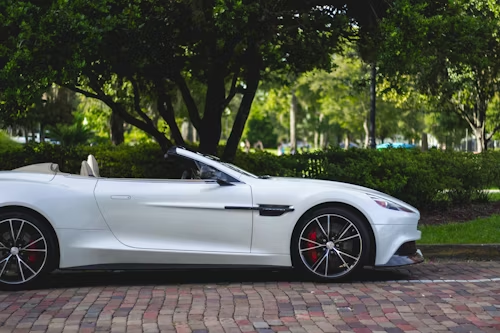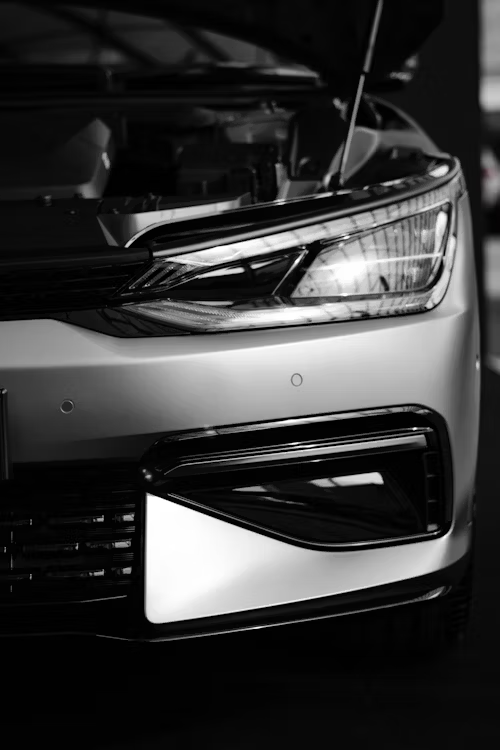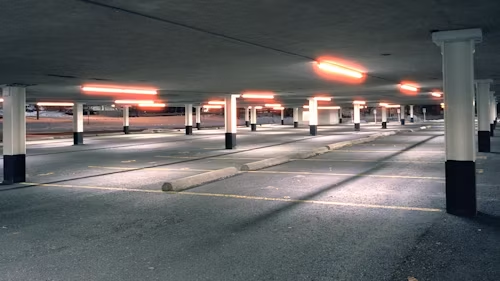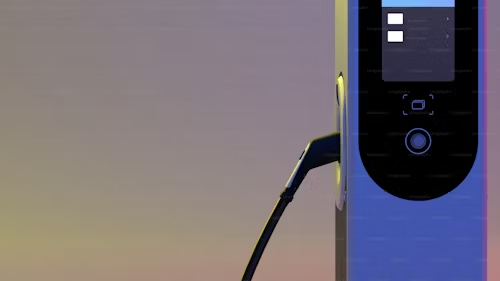Solar-Powered Cars: Can You Convert Your Vehicle to Run on Solar Energy?

Solar-powered cars are often seen as the future of eco-friendly transportation. But can you convert your existing vehicle to run on solar energy? This article explores the potential of solar-powered vehicles, how conversion works, and whether it’s worth upgrading your current vehicle to harness solar power.
How Solar-Powered Cars Work
Solar-powered cars use photovoltaic (PV) cells to convert sunlight into electricity, which powers the car’s motor. The solar panels are typically installed on the roof or body of the car. The electricity generated from the sun charges a battery that powers the electric motor.
Can You Convert Your Car to Solar Power?
While fully solar-powered cars are still in their infancy, converting an existing vehicle to run on solar energy is possible. Here’s how the conversion process works:
- Adding Solar Panels: The first step is installing solar panels on the car. These panels need to be integrated with the car’s battery system, which is used to store the energy captured from the sun.
- Upgrading the Motor: A solar-powered car requires an electric motor to drive the wheels. This means replacing the traditional internal combustion engine (ICE) with an electric motor.
- Installing Battery Storage: Solar-powered cars need high-capacity batteries to store energy for use when the sun isn’t shining. The battery must be connected to both the solar panels and the electric motor.
Benefits of Solar-Powered Cars
- Reduced Carbon Emissions: Solar cars don’t rely on fossil fuels, meaning they produce no emissions and are environmentally friendly.
- Cost Savings: Solar energy is free, which can save you money on fuel in the long run.
- Energy Independence: A solar-powered vehicle allows you to be less reliant on external sources of electricity.
Challenges and Limitations
- High Conversion Costs: The cost of converting your car to solar power can be high, as it involves installing solar panels, replacing the engine, and integrating complex systems.
- Limited Range: The amount of energy generated from solar panels may not be sufficient for long-distance travel, particularly in cloudy conditions or at night.
- Slow Charging: Solar charging can take a long time compared to conventional charging methods, limiting the practicality of solar-powered vehicles for long commutes or road trips.
Conclusion
While solar-powered cars are not yet widespread, converting an existing vehicle to solar energy is possible. However, due to the high costs and technical challenges, it may not be the best option for everyone. If you’re passionate about sustainability and have the budget for a conversion, going solar could be an exciting and eco-friendly upgrade for your vehicle.




